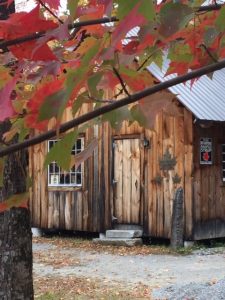 The art of maple sugaring has been practiced for centuries by indigenous peoples across North America. Early Native American tribes, including the Abenaki and the Iroquois, discovered the sweet secret hidden within the maple trees and passed down their knowledge through generations. European settlers later adopted this practice, refining techniques and equipment to make maple sugaring more efficient.
The art of maple sugaring has been practiced for centuries by indigenous peoples across North America. Early Native American tribes, including the Abenaki and the Iroquois, discovered the sweet secret hidden within the maple trees and passed down their knowledge through generations. European settlers later adopted this practice, refining techniques and equipment to make maple sugaring more efficient.Maple sugaring is a labor-intensive yet rewarding process that typically begins in late winter or early spring when temperatures fluctuate above freezing during the day and dip below freezing at night. This fluctuation creates pressure within the maple trees, causing sap to flow. The process starts with tapping the trees, drilling small holes into the trunks and inserting spouts to collect the sap. Buckets or tubing systems are then used to gather the sap and transport it to a central collection point. Once collected, the sap is then boiled down in evaporators, where the water content is reduced, and the sugars are concentrated to create maple syrup. To highlight the labor-intensive nature of the process, did you know it takes approximately 40 gallons of sap to produce just one gallon of maple syrup!
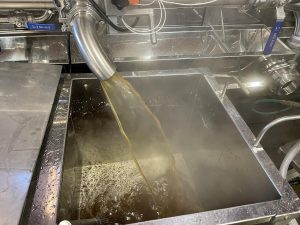 In recent years, maple sugaring in New Hampshire has faced both challenges and opportunities. Climate change has led to unpredictable weather patterns, impacting the length and quality of the sugaring season. Warmer winters and erratic temperature fluctuations have shortened the sugaring season and affected sap production. However, technological advancements and innovations in sugaring equipment have helped maple producers mitigate some of these challenges. Vacuum systems and reverse osmosis machines have improved sap collection efficiency, allowing producers to maximize yield even during shorter sugaring seasons. Despite these challenges, the demand for pure, locally sourced maple syrup continues to rise. Consumers are increasingly seeking out natural and sustainable sweeteners, driving growth in the maple syrup industry. Farmers markets, artisanal food stores, and farm-to-table restaurants are all showcasing the unique flavors of New Hampshire’s maple syrup, supporting local producers and preserving a cherished tradition.
In recent years, maple sugaring in New Hampshire has faced both challenges and opportunities. Climate change has led to unpredictable weather patterns, impacting the length and quality of the sugaring season. Warmer winters and erratic temperature fluctuations have shortened the sugaring season and affected sap production. However, technological advancements and innovations in sugaring equipment have helped maple producers mitigate some of these challenges. Vacuum systems and reverse osmosis machines have improved sap collection efficiency, allowing producers to maximize yield even during shorter sugaring seasons. Despite these challenges, the demand for pure, locally sourced maple syrup continues to rise. Consumers are increasingly seeking out natural and sustainable sweeteners, driving growth in the maple syrup industry. Farmers markets, artisanal food stores, and farm-to-table restaurants are all showcasing the unique flavors of New Hampshire’s maple syrup, supporting local producers and preserving a cherished tradition.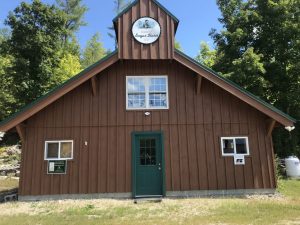 Maple sugaring is more than just a seasonal ritual in New Hampshire; it’s a time-honored tradition that connects communities, celebrates nature’s bounty, and sustains livelihoods. As we look to the future, it’s essential to preserve and protect this cultural heritage while embracing innovation and adaptation to ensure the continued success of maple sugaring in the Granite State. Whether drizzled over pancakes, stirred into oatmeal, or used as a glaze for roasted vegetables, New Hampshire maple syrup adds a touch of sweetness to life, reminding us of the simple joys found in nature’s bounty. So, as the winter chill gives way to the warmth of spring, let’s raise a spoonful of golden maple syrup and toast to the sweet success of maple sugaring in New Hampshire.
Maple sugaring is more than just a seasonal ritual in New Hampshire; it’s a time-honored tradition that connects communities, celebrates nature’s bounty, and sustains livelihoods. As we look to the future, it’s essential to preserve and protect this cultural heritage while embracing innovation and adaptation to ensure the continued success of maple sugaring in the Granite State. Whether drizzled over pancakes, stirred into oatmeal, or used as a glaze for roasted vegetables, New Hampshire maple syrup adds a touch of sweetness to life, reminding us of the simple joys found in nature’s bounty. So, as the winter chill gives way to the warmth of spring, let’s raise a spoonful of golden maple syrup and toast to the sweet success of maple sugaring in New Hampshire.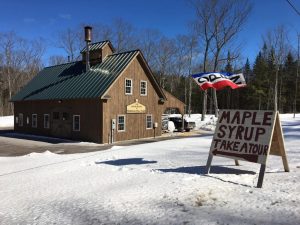 According to the New Hampshire Maple Producers Association, the state produced approximately 154,000 gallons of maple syrup in 2023, a slight decrease from the previous year’s production of 160,000 gallons. This decline can be attributed to the shorter sugaring season and fluctuating weather conditions experienced in the region. Despite the decrease in production, the demand for New Hampshire maple syrup remains strong, with consumers seeking out locally sourced and sustainably produced sweeteners. As maple producers adapt to changing environmental conditions and embrace technological advancements, the future of maple sugaring in New Hampshire looks bright, ensuring that this cherished tradition continues for generations to come. Happy sugaring!
According to the New Hampshire Maple Producers Association, the state produced approximately 154,000 gallons of maple syrup in 2023, a slight decrease from the previous year’s production of 160,000 gallons. This decline can be attributed to the shorter sugaring season and fluctuating weather conditions experienced in the region. Despite the decrease in production, the demand for New Hampshire maple syrup remains strong, with consumers seeking out locally sourced and sustainably produced sweeteners. As maple producers adapt to changing environmental conditions and embrace technological advancements, the future of maple sugaring in New Hampshire looks bright, ensuring that this cherished tradition continues for generations to come. Happy sugaring! 
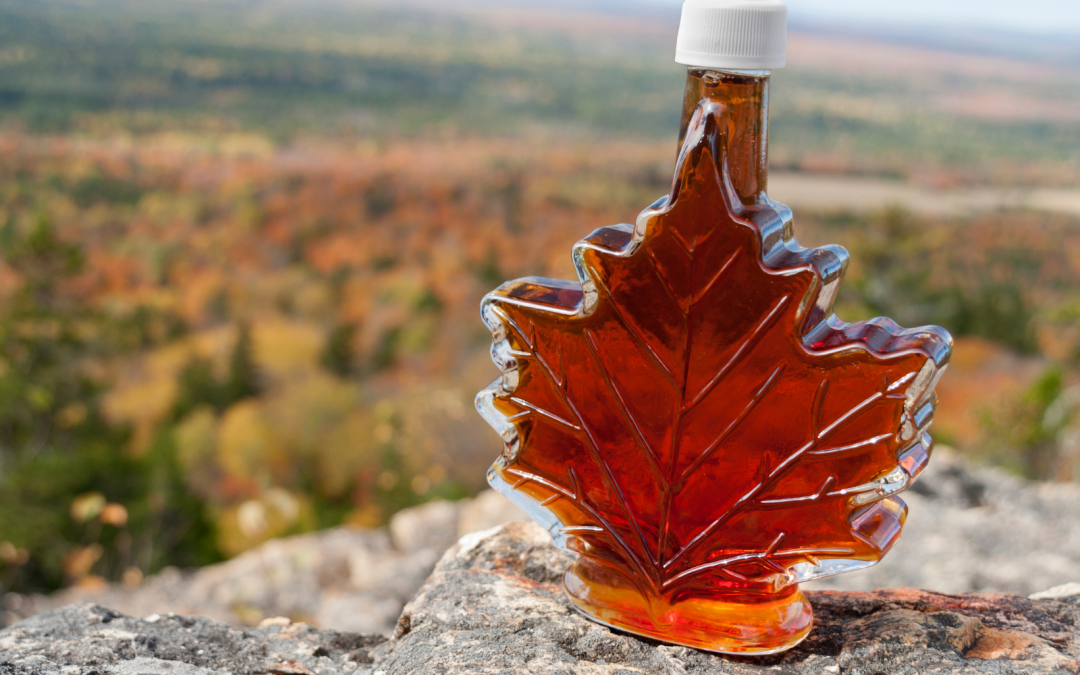
Recent Comments